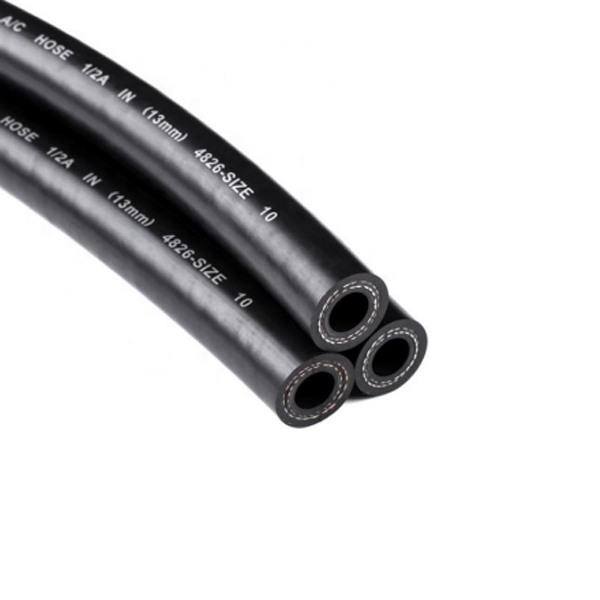gas fuel line
Nov . 20, 2024 08:38 Back to list
gas fuel line
Understanding Gas Fuel Lines Importance, Maintenance, and Safety
Gas fuel lines are an essential component in the operation of vehicles, machinery, and various appliances. These lines transport fuel from the tank to the engine, ensuring that the power generated can be harnessed effectively for transportation or operation. As pivotal as they are, gas fuel lines often go overlooked until a significant issue arises. This article aims to shed light on the importance of gas fuel lines, the maintenance required to keep them in optimal condition, and safety practices to ensure their reliable performance.
The Importance of Gas Fuel Lines
The primary function of a gas fuel line is to deliver fuel from the storage tank to the engine or combustion chamber. These lines are built to withstand high pressure and fluctuating temperatures, making them crucial in maintaining the overall efficiency of engines. In vehicles, for instance, a faulty fuel line can lead to inadequate fuel delivery, resulting in poor engine performance or even complete failure while on the road. Moreover, the construction of gas fuel lines typically involves materials that resist corrosion, wear, and deformation, ensuring longevity and reliability.
Unfortunately, even the most robust fuel lines can succumb to wear over time. Factors such as exposure to harsh weather conditions, engine heat, and the chemical properties of the fuel can lead to deterioration. Therefore, understanding the signs of wear and knowing when to replace fuel lines can save vehicle owners considerable amounts of time and money in repairs.
Maintenance of Gas Fuel Lines
Regular maintenance is key to extending the life of gas fuel lines. Here are some essential practices to consider
1. Visual Inspections Regularly check fuel lines for any signs of wear, such as cracks, brittle sections, or leaks. Any visible damage should prompt immediate replacement.
2. Listen for Noises Pay attention to any unusual sounds coming from the engine. A hissing or sputtering noise can indicate that there is an issue with the fuel line or fuel delivery system.
3. Check Connections Ensure all connections are tight. Loose connections can lead to fuel leaks which not only affect efficiency but can also create a fire hazard.
4. Replace Aging Fuel Lines As a general rule of thumb, consider replacing fuel lines every 5 to 7 years. While some high-quality fuel lines may last longer, proactive replacement can prevent unexpected breakdowns.
gas fuel line

5. Professional Servicing It’s wise to have a trusted mechanic conduct periodic inspections of the fuel system. They have the experience and tools to detect issues that may go unnoticed by the average vehicle owner.
Safety Considerations
Safety is paramount when dealing with gas fuel lines due to the highly flammable nature of gasoline and natural gas. Here are crucial safety practices to follow
1. Avoid Smoking Never smoke or have open flames near fuel lines or fueling areas. The vapors emitted can ignite easily, leading to catastrophic results.
2. Use Appropriate Materials When replacing or repairing fuel lines, always use materials that are designed specifically for fuel systems. Substituting with non-compatible materials can increase risks of leaks and failure.
3. Know Emergency Procedures Familiarize yourself with emergency measures in case of a fuel leak. Knowing how to react quickly can mitigate damage and potentially save lives.
4. Install Fuel Cut-Off Valves Consider installing fuel cut-off valves that allow you to stop the flow of fuel quickly in an emergency. This added layer of safety can be invaluable.
5. Keep Fuel Systems Clean Ensure fuel tanks and lines are free of debris and contaminants. Filtration systems can be useful in preventing impurities from entering fuel lines.
Conclusion
Gas fuel lines are integral to the functionality and safety of various machines and vehicles. Regular maintenance and awareness of potential issues can prevent costly repairs and ensure smooth operation. Coupled with robust safety measures, you can enjoy the reliability of gas fuel lines while minimizing risks. By taking appropriate care of this essential component, you’ll contribute to the longevity of your engines and preserve the safety of everyone involved.
